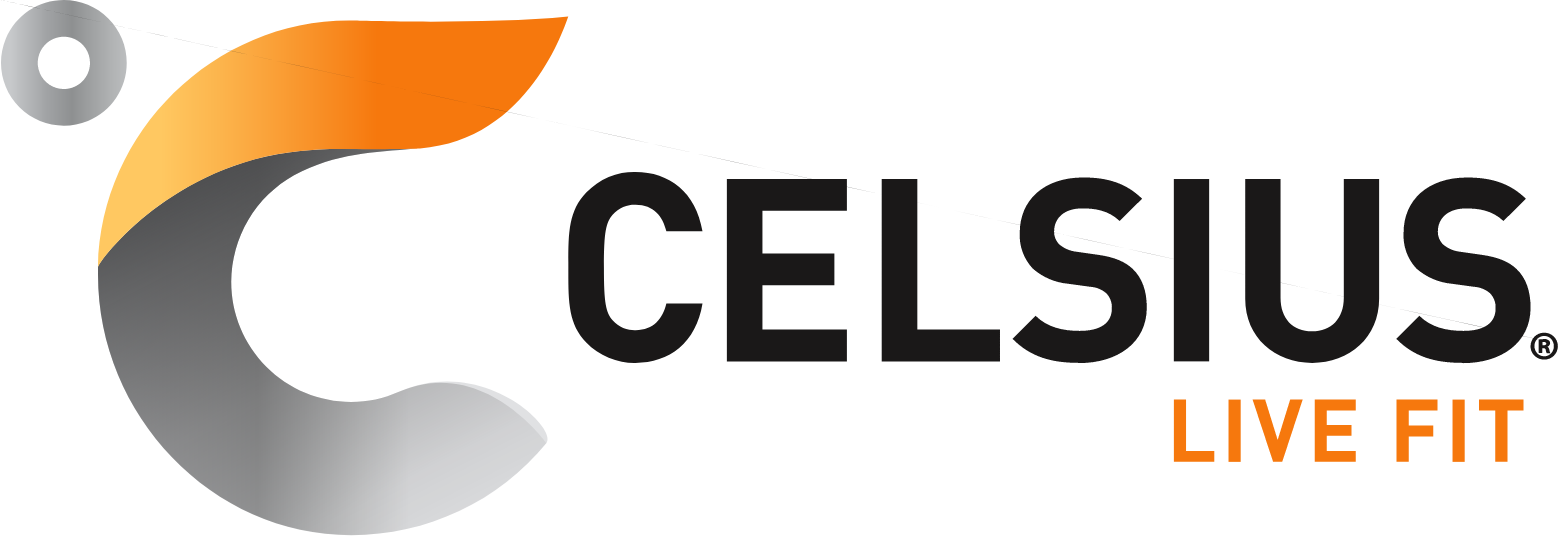SWOT ANALYSIS

STRENGTHS
WEAKNESSES
• CELSIUS reached $1.1 billion in sales in 2024, ranking third among energy drink brands in the U.S., behind only Monster ($5.52B) and Red Bull ($7.34B) (Statista)
• CELSIUS sales surged 135.9% in 2023, demonstrating growing consumer demand (Statista)
• CELSIUS offers 50+ flavors across 3 core products (carbonated, non-carbonated, and powder), appealing to various consumer preferences (celsius.com/products)
• CELSIUS has established collaborations with rising NFL and college football stars via NIL deals, including:
NFL Players: Bo Nix, Jayden Daniels, Michael Penix Jr. (Learfield)
College Athletes: Travis Hunter, Emeka Egbuka, Jalen Milroe, and Dillon Gabriel, among others (Front Office Sports)
Universities: Officially partnered with major universities like Texas A&M, Oregon, Colorado, USAFA, and Washington (Learfield)
• CELSIUS holds over 6.7M total followers across major socials (TikTok, Instagram, Facebook, X)
• CELSIUS recently expanded into the United Kingdom, Ireland, Australia, and New Zealand, growing its global presence
• CELSIUS still lags behind Red Bull and Monster in terms of overall consumer choice (Statista)
• CELSIUS faced several high-profile lawsuits and controversies, including:
Preservatives Class Action lawsuit potentially damaged consumer trust regarding the • CELSIUS’s ingredients
Flo Rida Endorsement Dispute over unpaid earnings potentially impacts future collaborations
NCAA Banned Substance Issues potentially impact access to college football athletes
Social media misinformation, such as the TikTok cyanide controversy, may have impacted brand trust and created safety concerns
• (Comparable) CELSIUS products are priced higher than direct competitors
CELSIUS 4-Pack 12 fl oz: $13.95; Redbull 4-Pack 12 fl oz: $9.48 Monster 4-Pack 16 fl oz: $7.98 (Walmart.com)
• CELSIUS’s competitors have bolder, more eye-catching packaging designs that stand out on shelves
• As a healthy alternative, CELSIUS potentially limits itself from attracting traditional energy drink consumers, as well as the lucrative connection to the alcohol industry that Redbull thrives in
OPPORTUNITIES
THREATS
• The caffeinated energy drink sector continues to grow, reaching $21B in 2024 (Statista)
• Many competitors focus on flavor over fitness, allowing Celsius to dominate the “clean energy” health & wellness niche
• Recent NIL legislation enables endorsement deals with rising college and high school athletes, building brand exposure among future professionals
• New product categories (pre-workout, functional hydration, and protein-infused beverages) are emerging as viable market extensions, aligning with active consumers’ needs
• Subscriptions provided through distributors like Amazon increase convenience for buying products like energy drinks in bulk
• Caffeinated energy drinks are often viewed as unhealthy and unsafe, especially for minors, leading to lawsuits and regulatory scrutiny
• The energy drink industry is oversaturated with dominant brands (Red Bull, Monster, Bang) and emerging competitors (Prime, ZOA)
• Non-caffeinated industry giants like Gatorade are trying their hand at caffeinated beverages (Front Office Sports)
• The price of energy drinks and sports drinks is expected to increase over the next 5 years (Statista)
• Consumers are increasingly exploring all-natural caffeine alternatives (e.g., yerba mate, matcha, herbal teas) in a shift away from traditional energy drinks
*DISCLAIMER: I have no affiliation with High Noon. This campaign and is intended for educational purposes ONLY.

 using WordPress and
using WordPress and